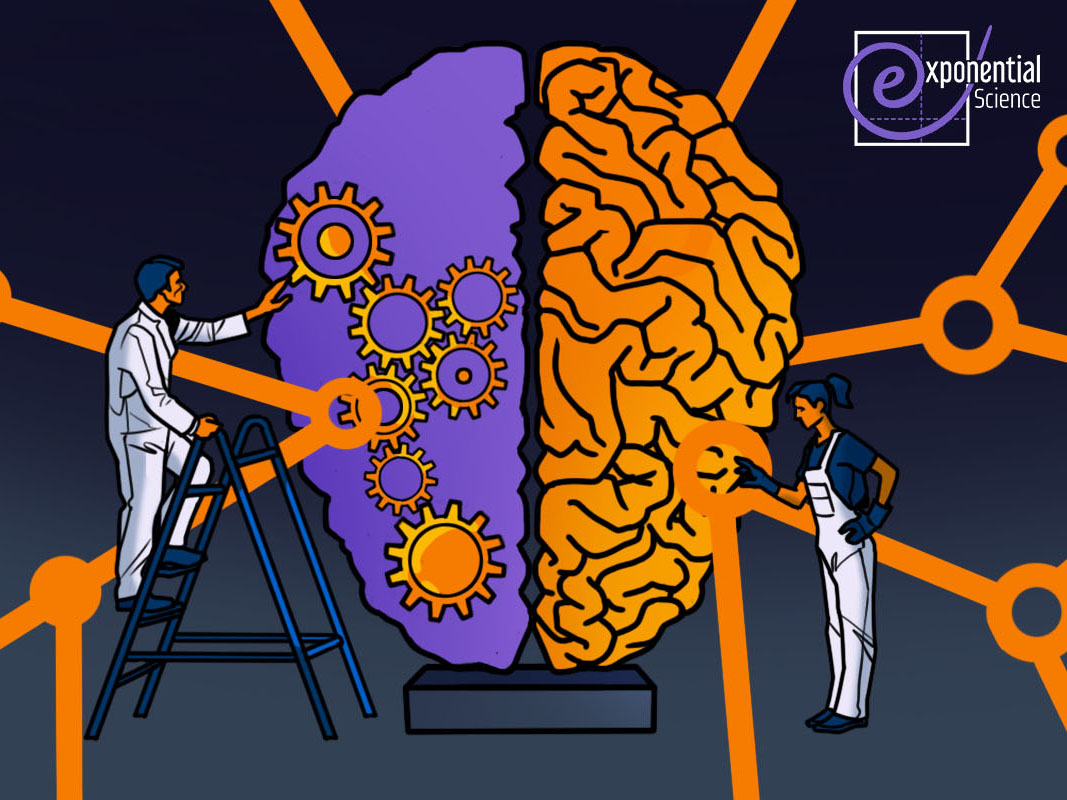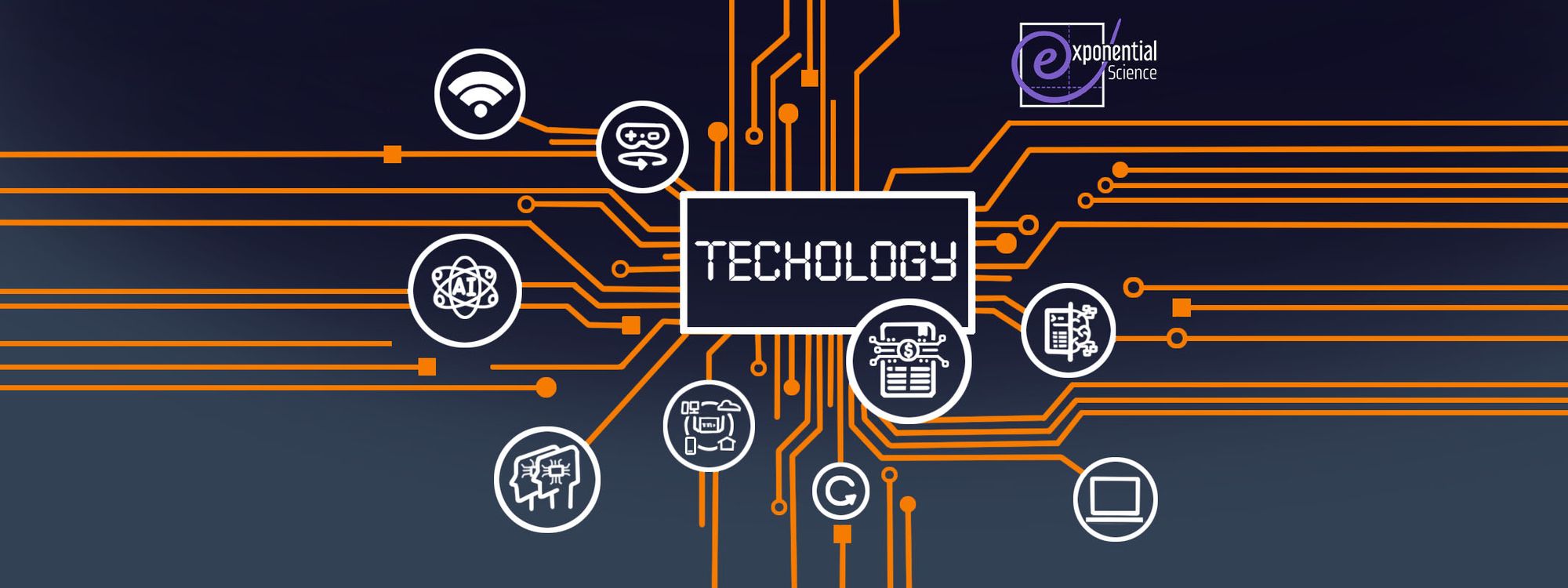AI combines technical systems with questions of intelligence and consciousness
Most AI today is Narrow, excelling at specific tasks, but not general reasoning
AI draws on neuroscience, math, physics, computer science, philosophy, linguistics and psychology
Capabilities range from Reactive and Limited Memory to hypothetical Theory of Mind and Self-Aware AI
AI balances 'Can machines think?' with 'How well can they perform tasks?'
Turing Test assesses intelligence by behaviour, not understanding
Passing the test doesn’t guarantee real comprehension
AI agents perceive, decide, and act via a perception–action cycle
ML learns from data; DL uses deep neural networks for complex patterns
AI is powerful but narrow, lacking general reasoning or consciousness






